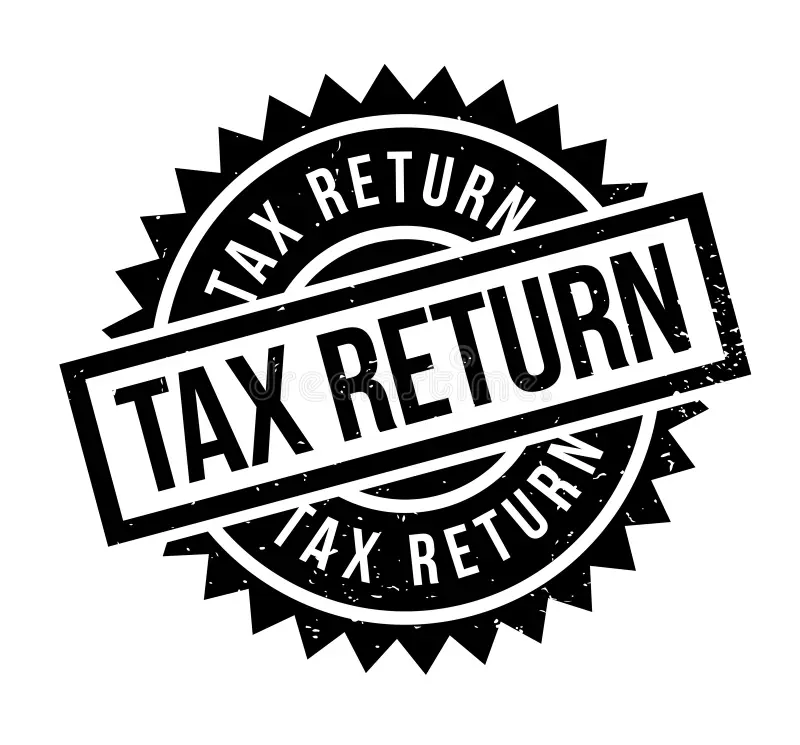Introduction:
When embarking on the entrepreneurial journey, many individuals choose to operate as sole traders due to its simplicity and flexibility. As a sole trader, you are essentially your own boss, managing your business independently. However, with great freedom comes great responsibility, especially when it comes to taxes. In this article, we will delve into the intricacies of tax for sole traders, uncovering the various obligations, potential deductions, and tax planning strategies that can benefit independent entrepreneurs.
Understanding Sole Trader Tax Obligations
As a sole trader, you are required to report your business income and expenses to the tax authorities accurately. Several key points to remember include:
Registering for Self-Assessment
When starting as a sole trader, you must register for self-assessment with the tax authorities. This process will allow you to report your income and calculate the tax you owe.
Tax Deadlines and Payments
Sole traders must comply with tax deadlines for submitting annual tax returns and making tax payments. Failure to meet these deadlines can lead to penalties and fines.
National Insurance Contributions (NICs)
in addition to income tax, sole traders are also required to pay National Insurance contributions, which contribute to state benefits like pensions and healthcare.
Understanding Tax Deductions for Sole Traders
As a sole trader, you can claim certain expenses as deductions to reduce your taxable income. This includes:
Business Expenses
Expenses directly related to running your business, such as office supplies, travel expenses, and marketing costs, can be deducted from your taxable income.
Home Office Deductions
If you work from home, you may be eligible to claim a portion of your household expenses as business-related deductions.
Capital Allowances
Sole traders can claim capital allowances for assets used in their business, such as computers, machinery, or vehicles.
Tax Planning for Sole Traders
Effective tax planning can significantly impact your financial standing as a sole trader. Consider the following strategies:
Pension Contributions
Making contributions to a personal pension scheme can help reduce your taxable income while securing your future financial stability.
Year-End Expenditures
Before the end of the tax year, consider making business-related purchases or investments to reduce your taxable profit.
Tax for Sole Trader FAQs
What is the tax rate for sole traders?
The tax rate for sole traders varies depending on their annual income. As of [current year], the tax rates for sole traders are [mention the specific rates].
How do I register for self-assessment as a sole trader?
You can register for self-assessment online through the official website of the tax authorities. Alternatively, you can also contact them by phone to request the necessary forms.
Can I claim expenses that are partly for personal use?
If an expense has both personal and business elements, you can only claim the portion that is solely for business use as a deduction.
Conclusion
Being a sole trader comes with its share of responsibilities, and understanding your tax obligations is crucial for a successful entrepreneurial journey. By registering for self-assessment, keeping track of your income and expenses, and exploring eligible deductions, you can navigate the world of tax for sole traders with confidence. Additionally, effective tax planning can lead to significant savings, allowing you to invest more in your business’s growth. Always seek advice from a qualified tax professional to ensure you meet all compliance requirements and make the most of available tax benefits. Embrace your entrepreneurial spirit, and with a solid understanding of tax for sole traders, thrive in your self-employment journey.







